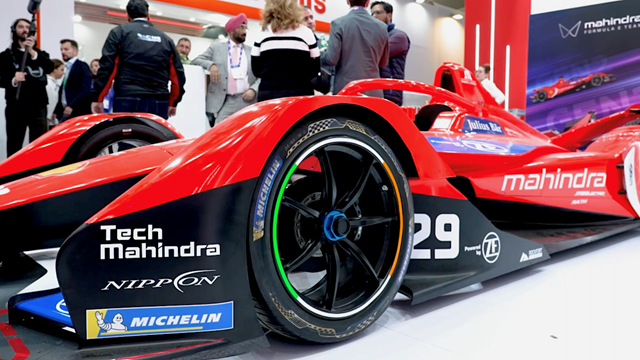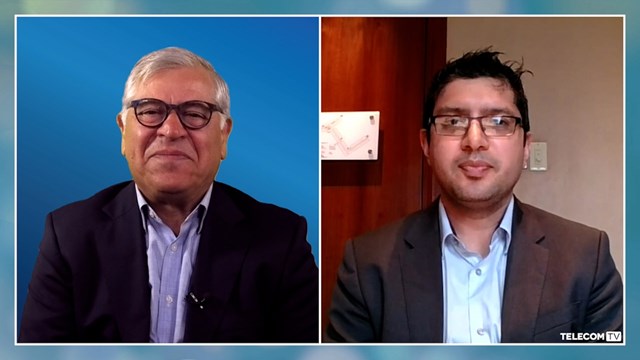Worldwide IT spending is projected to total $4.7 trillion in 2023, an increase of 4.3% from 2022, according to the latest forecast by Gartner, Inc. As CIOs continue to lose the competition for IT talent, they are shifting spending to technologies that enable automation and efficiency to drive growth at scale with fewer employees.
“Digital business transformations are beginning to morph,” said John-David Lovelock, Distinguished VP Analyst at Gartner. “IT projects are shifting from a focus on external facing deliverables such as revenue and customer experience, to more inward facing efforts focused on optimization.”
The software segment will see double-digit growth in 2023 as organizations increase utilization and reallocate spending to core applications and platforms that support efficiency gains, such as enterprise resource planning (ERP) and customer relationship management (CRM) applications. Vendor price increases will also continue to bolster software spending through this year.
While the overall outlook for enterprise IT spending is positive, devices spending will decline 8.6% in 2023 due to the ongoing impact of inflation on consumer purchasing power (see Table 1).
Table 1. Worldwide IT Spending Forecast (Millions of U.S. Dollars)
|
|
2022 Spending |
2022 Growth (%) |
2023 Spending |
2023 Growth (%) |
2024 Spending |
2024 Growth (%) |
|
Data Center Systems |
221,223 |
16.6 |
217,880 |
-1.5 |
235,530 |
8.1 |
|
Devices |
766,279 |
-6.3 |
700,023 |
-8.6 |
748,150 |
6.9 |
|
Software |
803,335 |
10.3 |
911,663 |
13.5 |
1,039,175 |
14.0 |
|
IT Services |
1,305,699 |
7.5 |
1,420,905 |
8.8 |
1,585,373 |
11.6 |
|
Communications Services |
1,423,075 |
-1.9 |
1,461,662 |
2.7 |
1,517,877 |
3.8 |
|
Overall IT |
4,519,610 |
2.7 |
4,712,133 |
4.3 |
5,126,105 |
8.8 |
Source: Gartner (July 2023)
“The devices segment is experiencing one of its worst growth years on record,” said Lovelock. “Even as inflation eases slightly in some regions, macroeconomic factors are still negatively impacting discretionary spending and lengthening device refresh cycles. Devices spending is not expected to recover to 2021 levels until at least 2026.”
Enterprises Will Incorporate Generative AI Through Existing Tools
While generative artificial intelligence (AI) is top of mind for many business and IT leaders, it is not yet significantly impacting IT spending levels. In the longer-term, generative AI will primarily be incorporated into enterprises through existing spending.
“Generative AI’s best channel to market is through the software, hardware and services that organizations are already using,” said Lovelock. “Every year, new features are added to tech products and services as add-ons or upgrades. Most enterprises will incorporate generative AI in a slow and controlled manner through upgrades to tools that are already built into IT budgets.”
“When it comes to AI this year, organizations can thrive without having AI in production but they cannot be without a story and a strategy,” added Lovelock.
Gartner’s IT spending forecast methodology relies heavily on rigorous analysis of the sales by over a thousand vendors across the entire range of IT products and services. Gartner uses primary research techniques, complemented by secondary research sources, to build a comprehensive database of market size data on which to base its forecast.
The Gartner quarterly IT spending forecast delivers a unique perspective on IT spending across the hardware, software, IT services and telecommunications segments. These reports help Gartner clients understand market opportunities and challenges. The most recent IT spending forecast research is available to Gartner clients in “Gartner Market Databook, 2Q23 Update.”
Learn more in the complimentary Gartner webinar Gartner IT Spending Forecast, 2Q23 Update: Market Winners & Laggards.



